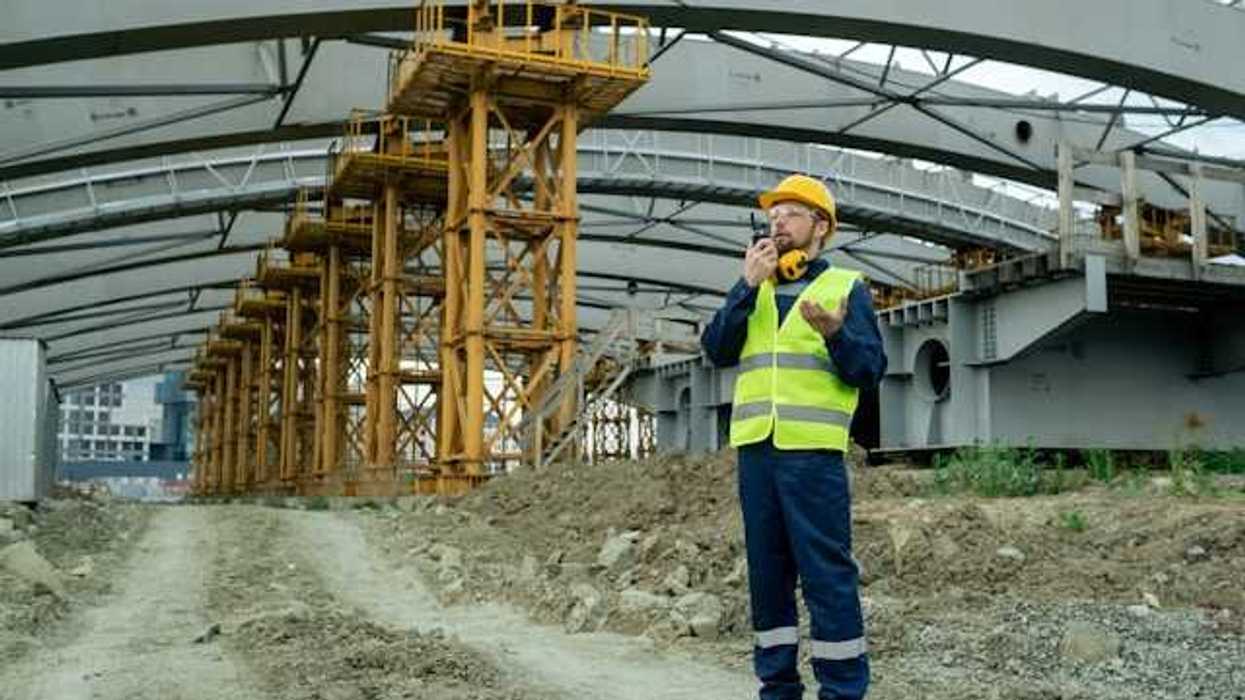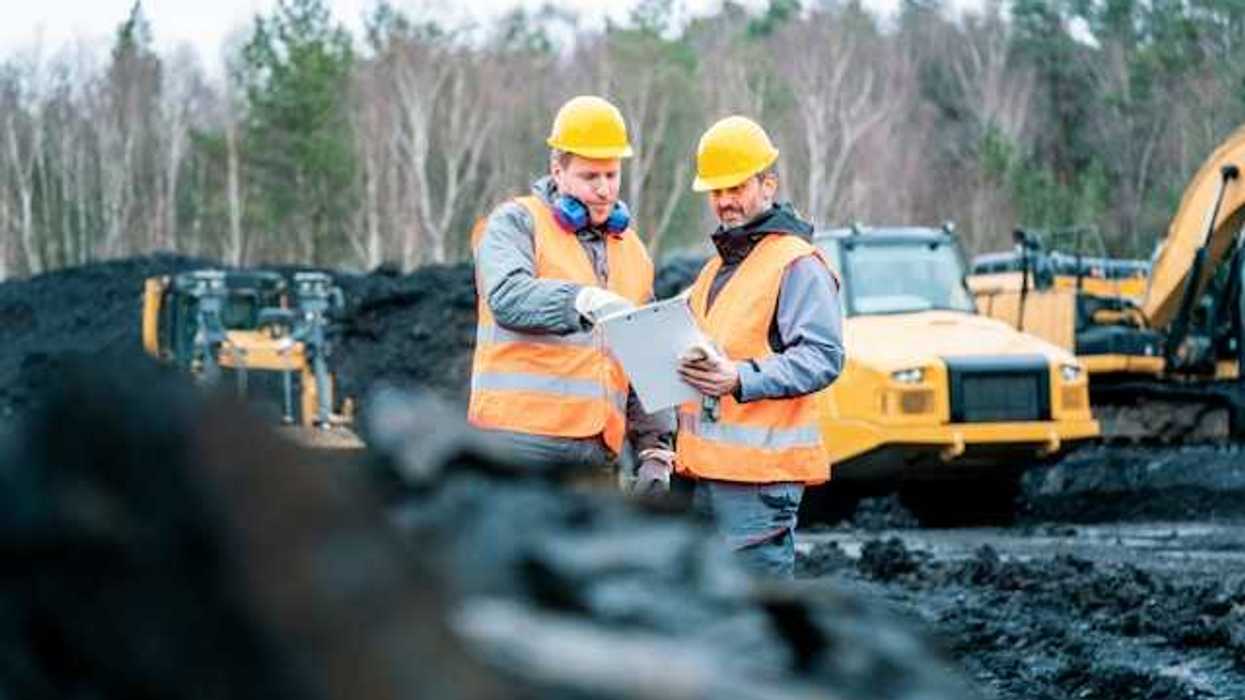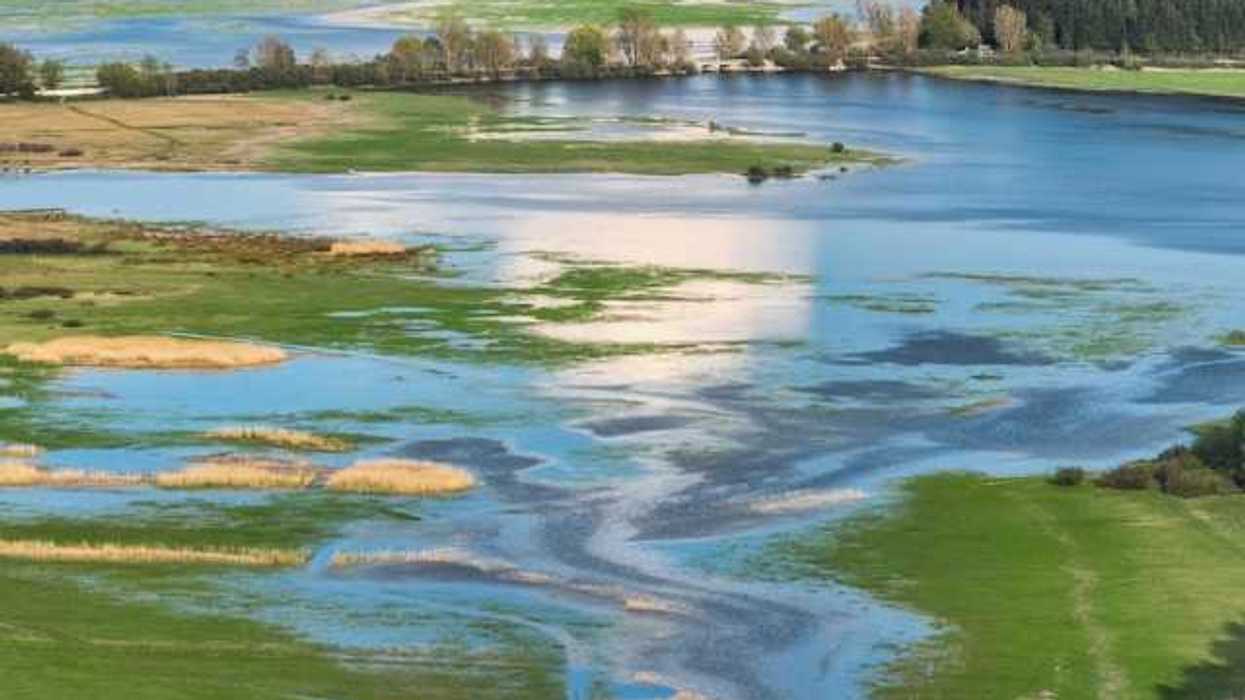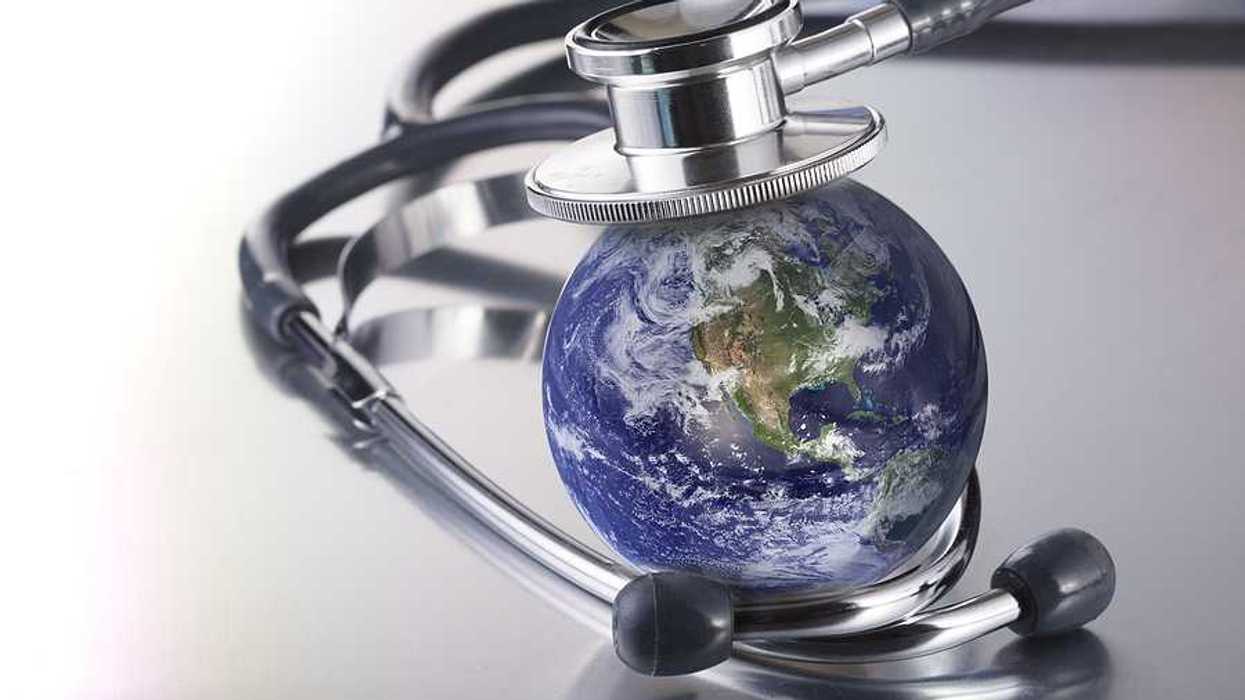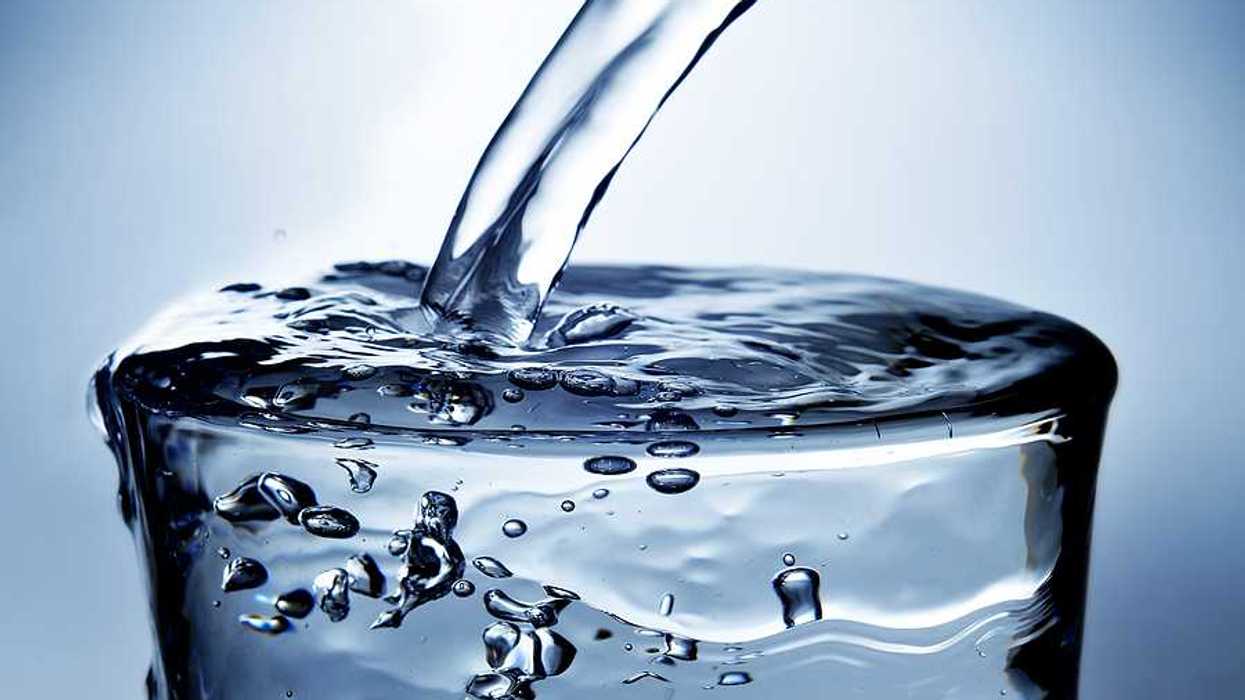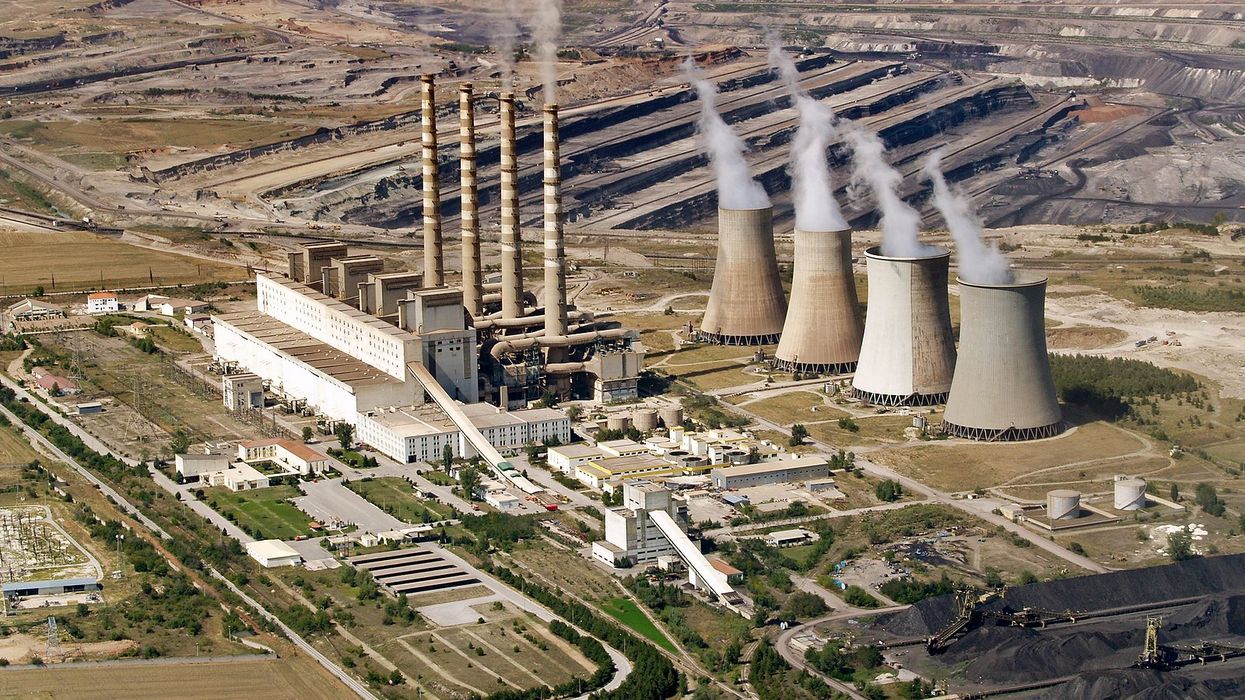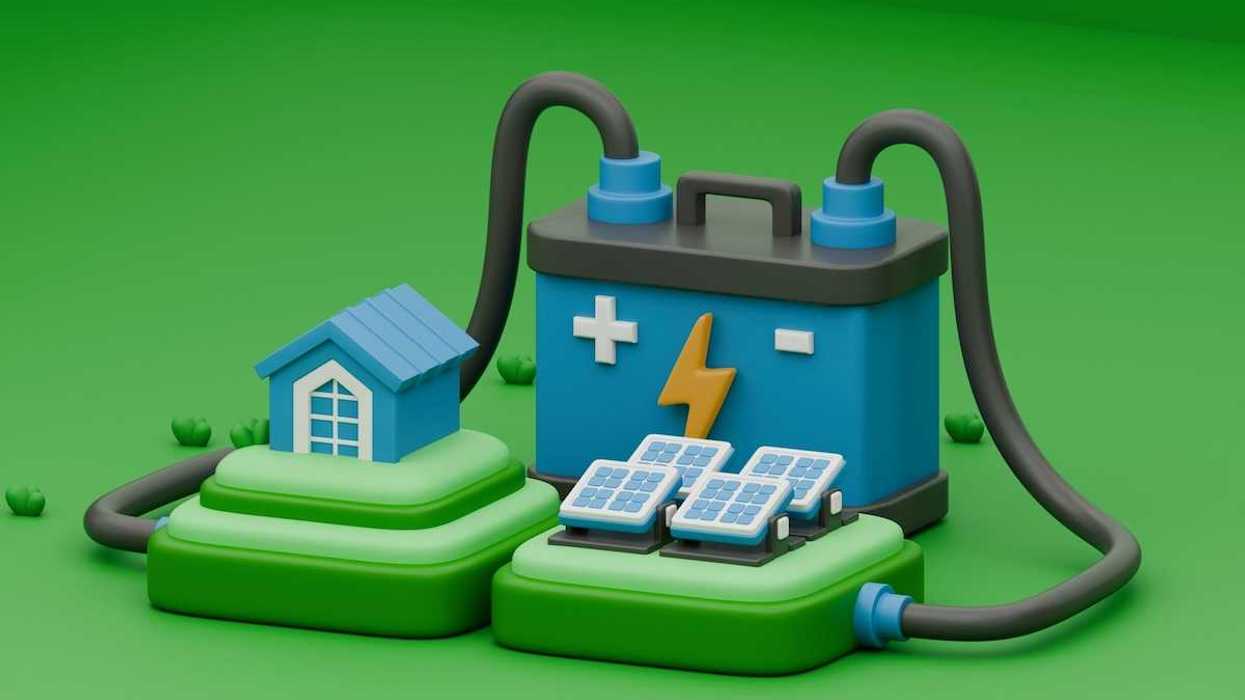The Environmental Defense Fund (EDF) says the EPA has an opportunity to limit pollution and protect frontline communities. Read more in Grist.
In a nutshell:
In Port Arthur, Texas, residents have long faced the adverse health impacts of air and water pollution from nearby petrochemical facilities. John Beard, a local advocate and former refinery worker, has been at the forefront of pushing back against these industries, emphasizing the community's right to clean air. The Environmental Protection Agency is poised to finalize regulations next spring aimed at reducing such pollution, with measures that would increase monitoring standards, address loopholes in emissions exemptions, and enhance transparency in the industry's reporting practices.
Key quote:
“Historically, the regulation hasn’t matched the risk nearby communities live with every day. We have seen under-regulation in the petrochemical industry for a very long time."
-- Dionne Delli-Gatti, associate vice president of community engagement at EDF
The big picture:
Exposure to pollutants from petrochemical facilities has been directly linked to a range of health issues in neighboring communities. Residents in such areas often report higher rates of respiratory problems, skin irritations, and other medical conditions. The long-term implications of this exposure raise concerns about chronic illnesses and underscore the need for stringent regulations.
Read the piece: Grist.
Linda S. Birnbaum and Terry Collins ask: Why is the chemical industry pitting public health against economic growth?
- EPA seeks to slash chemical plants’ cancer-causing emissions ›
- Shell’s petrochemical plant in Pennsylvania hasn’t spurred economic growth: Report ›


